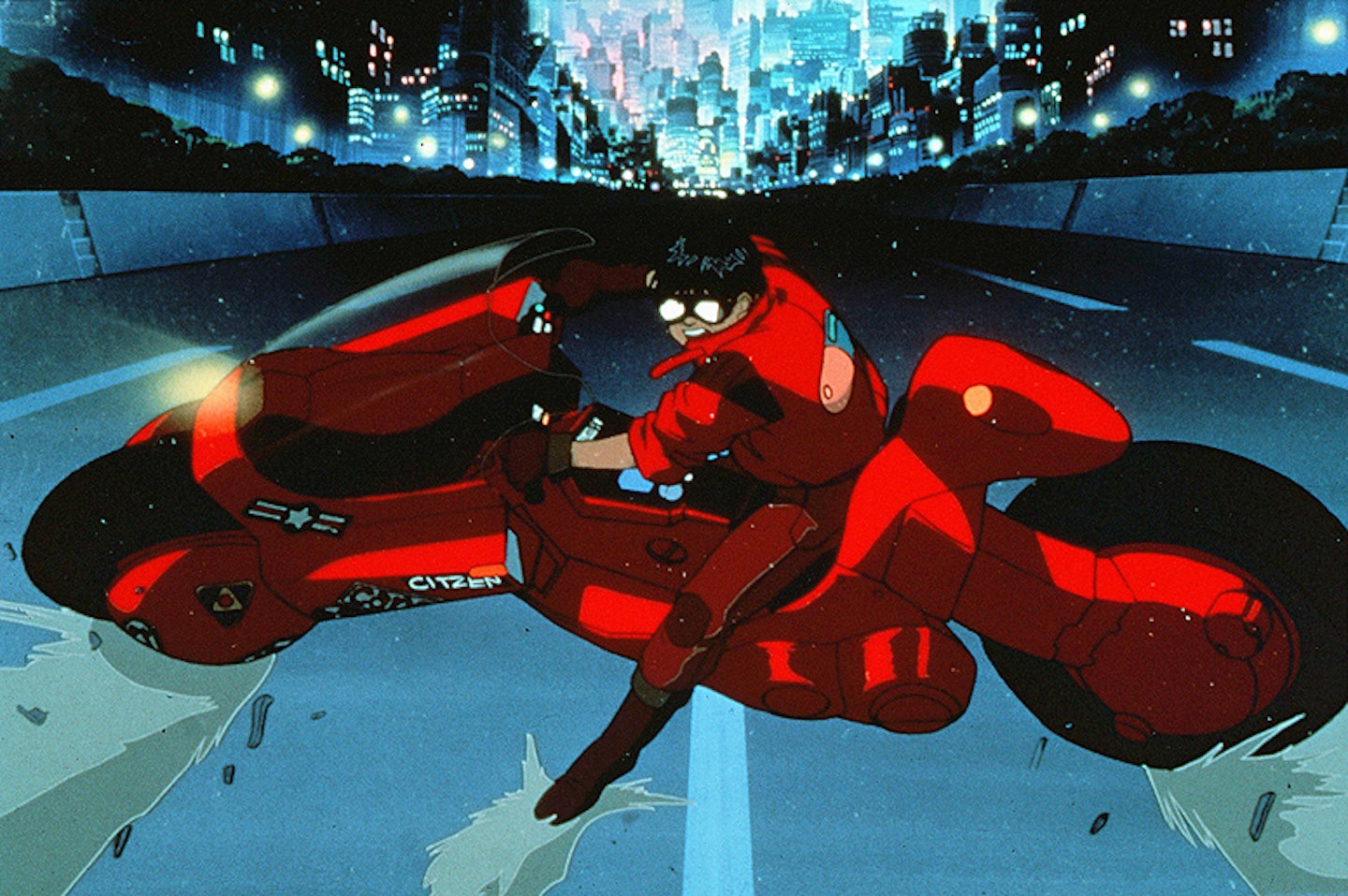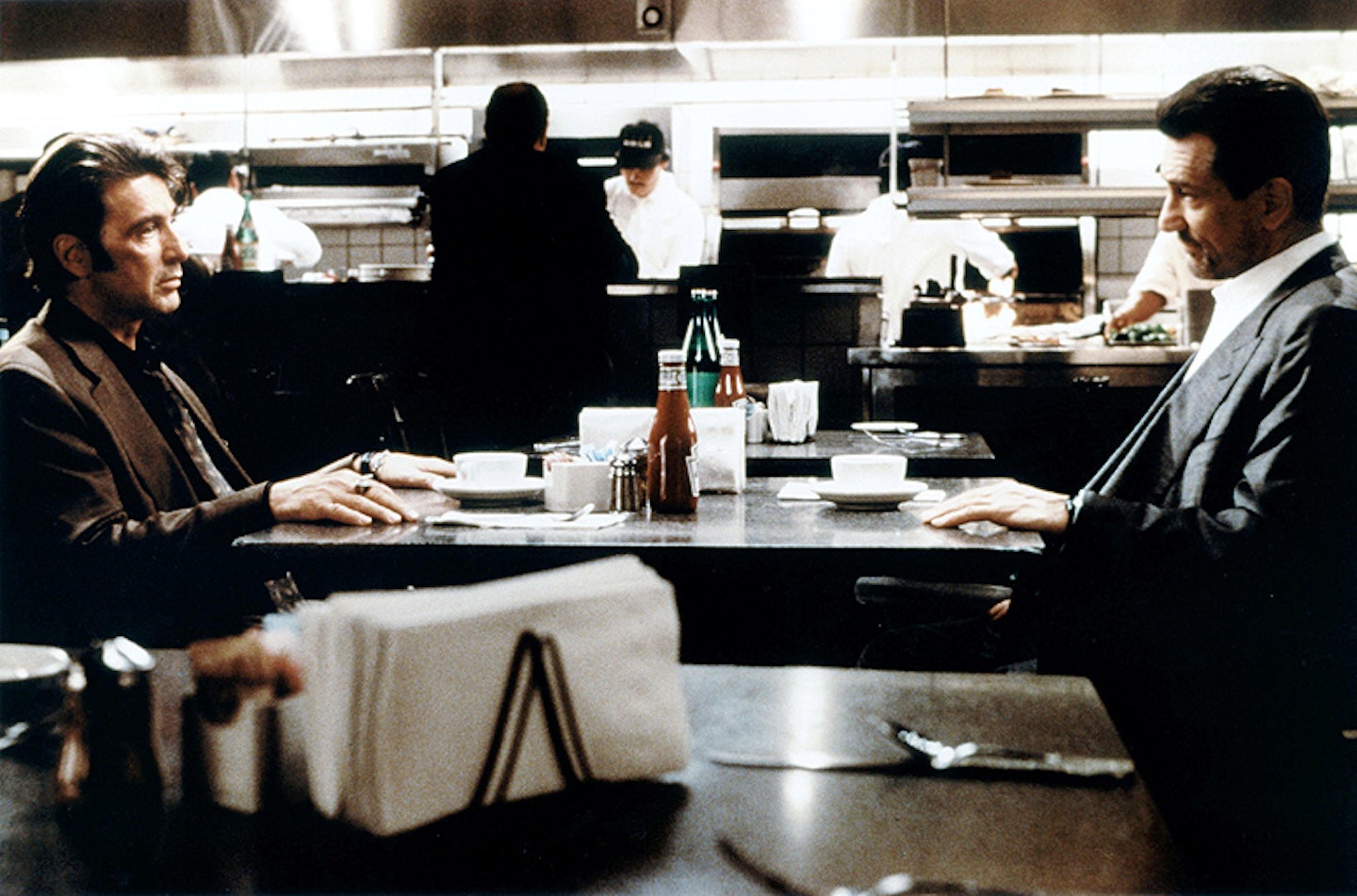Remakes, in internet comments if not box office, are the most unloved and reviled of filmmaking trends. This isn't always justified: we gathered the Remakes That Worked here. Still, “Why can’t you make something original?” is the cry that’s constantly heard. But there are films unfairly tarred with the remake brush that, while they might not necessarily be masterpieces, at least deserve to be judged on their own merits. Look more closely and you’ll find that some ‘remakes’ are not remakes at all.
Call it: A re-adaptation
Let’s start in the future. It’s recently been announced that Nikolaj Arcel, the director of last year’s excellent A Royal Affair, is directing a new version of Rebecca for DreamWorks, from a screenplay by Steven Knight (Eastern Promises). Despite the calibre of names involved, the announcement was met with howls of outrage from all corners of the internet, decrying anyone who would have the temerity to remake an Alfred Hitchcock film. Except… Daphne Du Maurier’s Rebecca is one of the great novels of the 20th century, and a new movie is no more a remake of Hitchcock than Kenneth Branagh’s Hamlet was a remake of Franco Zefferelli’s. The BBC did Rebecca for television in 1980, and ITV in 1997; Du Maurier herself adapted it for theatre; it's been on the radio; it's even been an opera. Susan Hill (The Woman In Black) wrote a sequel, Mrs De Winter, in 1993, and Sally Beauman wrote a sort-of prequel (Rebecca's Tale) in 2001. Oh, and while Hitchcock didn’t remake *this *film he was no stranger to remaking his own work, so we can’t imagine he’d blink an eyelid at seeing another take. The story is a perennial classic, like a Wuthering Heights or a Jane Eyre, and it’s 16 years since anyone attempted an adaptation. Deal with it.

Call it:** **A new film sharing considerable creative DNA
One project that has yet to – and which at this point may never – see fruition, Warner Bros.’ mooted live-action mega-version of Katsuhiro Otomo’s Akira would likely have been a very different proposition to Otomo’s own seminal anime. That’s because Otomo’s manga runs to six volumes, while his film was made before he’d finished writing the books and ends very differently. If you like, this would have been / will be a re-adaptation, but even that’s a dubious label since the film would have access to material that has never been adapted before. But whatever: it’s such a tough nut to crack that the project essentially seems to have stalled. Mark Fergus & Hawk Ostby (Children of Men, Iron Man), Gary Whitta (The Walking Dead, The Book of Eli), Albert Torres (Henry Poole is Here) and Steve Kloves (Harry Potter) all took a shot at the screenplay before Warners shut down pre-production.
Call it: The first proper make
Our friends in the US are guiltier of dubbing this a “remake” than we are here in the UK, largely down to a lack of familiarity with the very British source material. To many, Judge Dredd is simply a character from a bad Stallone movie (although that film does have some strengths, mostly in the production design). To the rest of us, the satirical dystopian fascist lawman is a mainstay of 2000AD, a comic we grew up with, and the new film was an opportunity to get the material right. “It’s irritating,” growled Dredd’s creator John Wagner to **Empire **last year. “It’s not a remake, it’s a proper make!” And if anyone feels like trying to be a smartarse, it’s not a remake of The Raid either. Dredd was in production first, and the similarities are coincidence.
Call it:** **A prequel
John Carpenter’s film is a remake (of the Howard Hawkes original), but Matthijs Van Heijningen’s 2011 film, despite a confusingly identical title, is not. Annoying, then, that it still seems to attract the label from some sources. It’s explicitly a prequel, dealing with the ill-fated team that stumbled on the shape-shifting alien before Kurt Russell and his team arrived at the Arctic research base. It’s not too much of a spoiler to point out that this film ends as Carpenter’s film begins, with a dog and a helicopter. So we’d seen that few seconds. The rest, not so much.
Call it: A rebootquel?
This one’s perplexing because everyone calls it a remake and it was produced and marketed as one. And yet… there’s barely anything in it that we'd already seen. Admittedly, you could argue that all the Friday 13th movies are on some level the same movie, but there isn’t five minutes of this film that specifically recreates something that’s gone before. A very short recap at the beginning gives us the business with Jason’s mother (Nana Visitor from DS9 plays Mrs Voorhees), and – along with some very small other bits of business – there’s a moment later on where Jason stumbles upon his hockey mask for the ‘first’ time. But the rest is a new story about Jared Padalecki searching for his missing sister. To all intents and purposes this is Friday The 13th part XI (or XII if you include Freddy Vs. Jason), although chronologically it must take place before the space-set Jason X.
Call it: Two-thirds re-adaptation; one-third crazy
It’s not a remake of 1971's The Omega Man, any more than The Omega Man was a remake of 1964's The Last Man On Earth. I Am Legend is a very different film to both its predecessors, returning to Richard Matheson’s brilliant novel for a new adaptation that stays pleasingly faithful for about two-thirds of its running time, and then inexplicably loses the plot towards the end. It gets far closer to Matheson’s notion of fast-evolving vampires than Omega Man’s strange albino cultists, but doesn’t seem to understand what its own title actually means. In the book [spoiler!] the Will Smith character ends up as the murderous boogeyman outsider to a new vampire civilisation. That’s why he’s legend. In the film, his legend is fudged into the dogged fight for a cure, which rather misses the point.
Call it: A re-adaptation with a time shift
See Rebecca. While there are other great Graham Greene novels that have never been adapted for the screen, Brighton Rock, having not been filmed for 63 years, was ripe for re-adaptation in 2010. Director Rowan Joffe makes some interesting and brave choices too, moving the setting from the prewar 1930s to the mods-vs-rockers 1960s, playing up the romance between Pinkie (Sam Riley) and Rose (Andrea Riseborough) and injecting, in Riley’s own words, “more of Graham Greene’s violence, more religious confusion, and more prominent sexual anxiety”. The Boulting Brothers' 1947 film casts a long shadow, but in the end they’re irrelevant to the result here.
***Call it: ***A failed reboot
Moans about pointless Schwarzenegger remakes hounded 2011’s Conan reboot, but while it admittedly borrowed pieces from John Milius’ origin story it was its own beast. The real problem is that this was a missed opportunity, opting to invent its own thuddingly generic lost-mask-of-Acheron plotline rather than going back to either the 1982 movie or Robert E. Howard’s original pulp stories. Uniquely, we think, the next Conan film will ignore this reboot entirely, and return to the idiosyncratic Cimmeria of the Milius film, with Arnie once again swinging the Atlantean sword as an older King Conan. Further confusing matters, this will thus follow the Richard Fleischer sequel Conan The Destroyer but could occur before the coda to Milius’ original Conan The Barbarian.

Call it:** **Several unconnected remakes.
Heat (1995) is Michael Mann’s remake of his own TV movie LA Takedown (1989). Heat (2014) starring Jason Statham and directed by Simon West, is a remake of R.M. Richards’ Heat (1986), which starred Burt Reynolds. But the Jason Statham Heat is not a remake of the Michael Mann Heat and should not be confused with same. Also distinct: Sandra Bullock comedy The Heat, Miami Heat, Deep Heat.